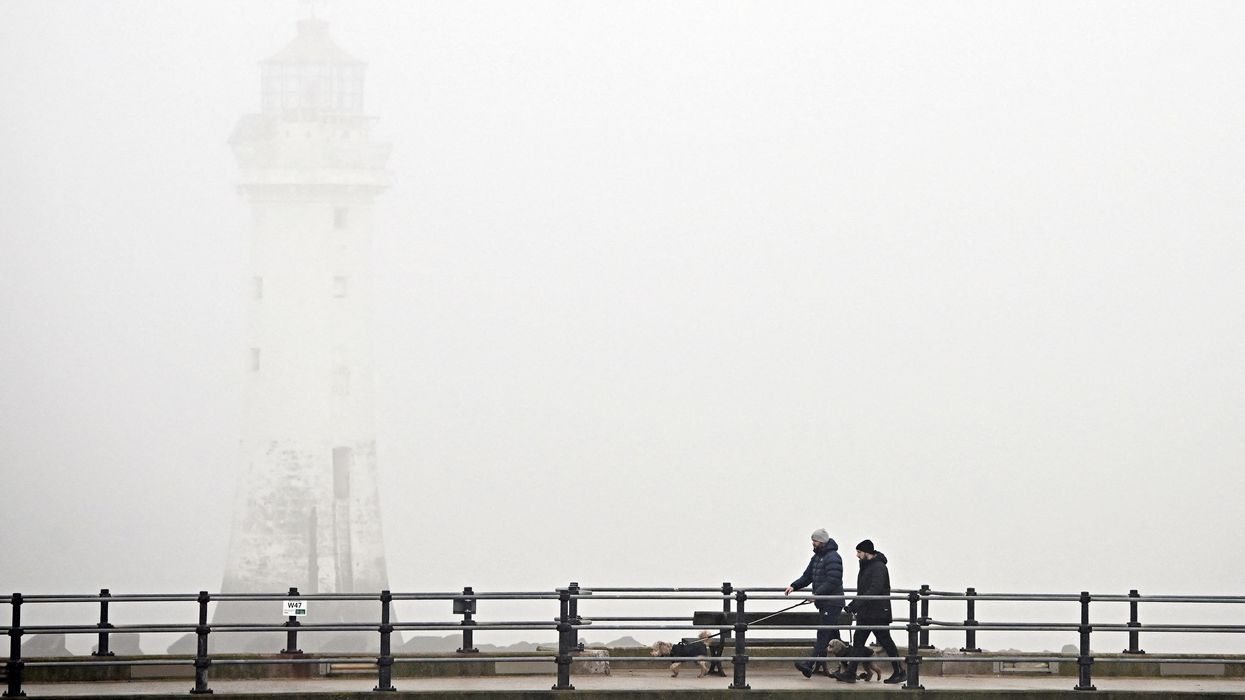The High Court in England on Thursday (9) rejected an appeal by Indian authorities seeking permission to appeal against the refusal to extradite terror suspect Kuldeep Singh.
A magistrates’ court order turned down the extradition on human rights grounds. Singh is wanted in India as an alleged senior member of the banned terrorist organisation Khalistan Zindabad Force (KZF).
Singh alias Keepa Sidhu is charged with conspiring with others to commit terror activities in Punjab dating back to 2015-16, including a plot to assassinate then chief minister and deputy chief minister Parkash Singh Badal and Sukhbir Singh Badal, respectively.
The 44-year-old is also accused of recruiting youths in Punjab to the banned KZF organisation by offering them money and organising a meeting of separatists in a gurdwara.
District Judge Gareth Branston, presiding over the extradition case at Westminster Magistrates’ Court, ruled in January that as the offences carry maximum sentences and “no possibility of a review of such a life sentence with a view to its commutation, remission, termination or conditional release”, it would be contrary to Article 3 of the European Convention of Human Rights.
“The District Judge’s comprehensive and clearly reasoned judgment cannot be faulted,” high court justices Nicola Davies and Pushpinder Saini said in their judgment, handed down at the royal courts of justice.
“There are no grounds upon which it would be appropriate for this court to interfere with the discretion exercised by the district judge,” they conclude.
Singh faces a total of four charges in India, under sections of the Unlawful Activities (Prevention) Act related to raising funds for terrorism, conspiracy and being a member of a terror outfit and of the Arms Act related to firearms offences.
The court documents note that he is accused of being a point of contact in Punjab and liaising with the head of the KZF, who was residing in Pakistan, and other co-accused members of the organisation, who lived in Belgium and England.
Singh, who entered the UK illegally in 2005, was on immigration bail when he was arrested at Loughborough Immigration Reporting Centre in eastern England in October 2019.
In September 2020, the Indian authorities were successful in revoking bail granted to him at the magistrates’ court level.
Singh – who used a Punjabi interpreter in court – then remained remanded in judicial custody for the duration of the extradition hearings before district judge Branston, which concluded in December last year.
In his judgment in January, district judge Branston accepted Indian government assurances regarding prison conditions under which Singh would be kept as “clear, binding and sufficient”.
“There is no evidence that Mr Singh has previously been ill-treated in India. This country has considered and accepted previous assurances by the Indian government. There is no cogent evidence to suggest that they will not be complied with,” he said.
He also noted that it is undisputed that there is evidence of a conspiracy to commit criminal offences in India but questioned the proportionality of a life term without parole.
The judge said: “In my judgment, if such a sentence were imposed upon Mr Singh in the context of this case, then such a sentence would plainly be grossly disproportionate to the offending alleged.
“Whilst clearly very serious allegations, Mr Singh is alleged to have been involved in the funding and recruitment of terrorist activity. As is observed, there is no evidence that anyone was actually killed as a result of his alleged activities. He is accused of acts preparatory to terrorist offences.”
Besides the human rights issue relating to a life sentence without parole, the court also found that there is “insufficient evidence to make a case requiring an answer by Kuldeep Singh”.



















 Inaugration Ceremony of International Yoga Day 2025Parmarth Niketan
Inaugration Ceremony of International Yoga Day 2025Parmarth Niketan Sacred Ganga Aarti ceremony on the banks of the holy GangesParmarth Niketan
Sacred Ganga Aarti ceremony on the banks of the holy GangesParmarth Niketan